Jaguar reveals its reimagined brand, marking a new era
As the luxury British carmaker prepares to relaunch as an all-electric brand, its identity has undergone a dramatic transformation. We explore Jaguar's bold new look ahead of its 90th anniversary and why it's got everyone talking.

Jaguar has unveiled its new branding as it gears up for a relaunch as an electric-only marque. Now owned by Tata Motors, it plans to introduce three new electric vehicles in 2026, marking a pivotal moment for the British car manufacturer.
A commitment to originality is central to this transformation, which is a complete repositioning. Drawing inspiration from the words of its founder, Sir William Lyons – "A Jaguar should be a copy of nothing" – the brand has embraced this ethos as the foundation of its identity. A provocative new slogan, 'Copy Nothing', also captures this philosophy.
What immediately stands out is the disappearance of Jaguar's classic teeth-baring big cat logo, which has been famously used on Jaguar's grilles and bonnets for decades. In its place is a bespoke new logo, now styled as JaGUar. Geometric, symmetrical, and minimalist, it combines upper and lowercase characters to create what the company describes as "visual harmony" while embodying "the unexpected".

Another key element is the updated 'leaper' cat design—Jaguar's iconic symbol of forward motion. Reimagined as a modern 'maker's mark', it's now embossed on brass to give a sense of craft and heritage while signalling a fresh, future-focused direction.
There's even a fresh monogram that combines two 'J's, which the company describes as a "code for expression and a signifier of a completed work". Jaguar says it will be used as a flourish or finishing touch.
The brand's new colour palette also makes a bold statement. Inspired by the traditional painter's studio, Jaguar now leans into vibrant primary tones—red, yellow, and blue—setting it apart from the understated schemes often favoured across luxury branding. It's loud, bold and unapologetically creative, setting the stage for what's to come.



The repositioning only highlights the delicate balance designers must find when working with legacy brands looking to modernise. And Jaguar certainly comes from a different generation. Its past is defined by luxury, innovation, and British craftsmanship, creating iconic vehicles like the E-Type and dominating motorsports in the mid-20th century. While the brand later struggled with consistency, it's always been a name associated with prestige. It hopes to reclaim its cutting-edge reputation with a bold, future-focused look and feel.
"This is a reimagining that recaptures the essence of Jaguar, returning it to the values that once made it so loved, but making it relevant for a contemporary audience," says Professor Gerry McGovern OBE, chief creative officer. "We are creating Jaguar for the future, restoring its status as a brand that enriches the lives of our clients and the Jaguar community."




Jaguar will officially launch its new brand at Miami Art Week in early December, a move that reflects its newfound "advocacy for artistic expression, in all its forms". The British carmaker plans to host curated gallery spaces at two locations, showcasing emerging artists who embody its ethos of 'Copy Nothing'.
A new ad campaign was launched on its social media channels to announce its brand overhaul. With young, diverse models dressed in vibrant primary colours and posing with sledgehammers, it's a huge leap away from Jaguar's past. It feels more edgy-pop-art-meets-catwalk than anything to do with a traditional carmaker. The film also features text, such as 'create exuberant', 'live vivid', 'delete ordinary', and 'break moulds'. Yet, as the models come together at the end of the spot, the only hint of motoring is an imaginary swoosh of a passing vehicle, and then we see 'JaGUar' on screen.
"To bring back such a globally renowned brand, we had to be fearless," says MD Rawdon Glover. "Jaguar was always at its best when challenging convention. That ethos is seen in our new brand identity today and will be further revealed over the coming months. This is a complete reset. Jaguar is transformed to reclaim its originality and inspire a new generation."
How has it been received online? Twitter/X has seen more than its usual debate amongst the design community. Much of the discussion is about whether Jaguar has ditched its traditional customer base, while others mock its new approach, asking, "Where's the car?"
Jaguar admits that its new look won't be for everyone. But that's entirely its point. Jaguar understands the market has changed, and it needs to appeal to younger generations. Has it hit the right mark? Has this successfully prepared it to move to an all-electric brand? Whatever your take, it's worth reading some of the responses on Jaguar's Twitter/X feed.

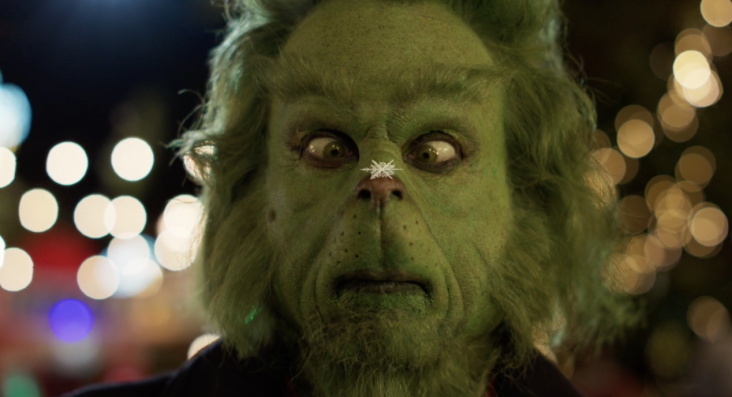
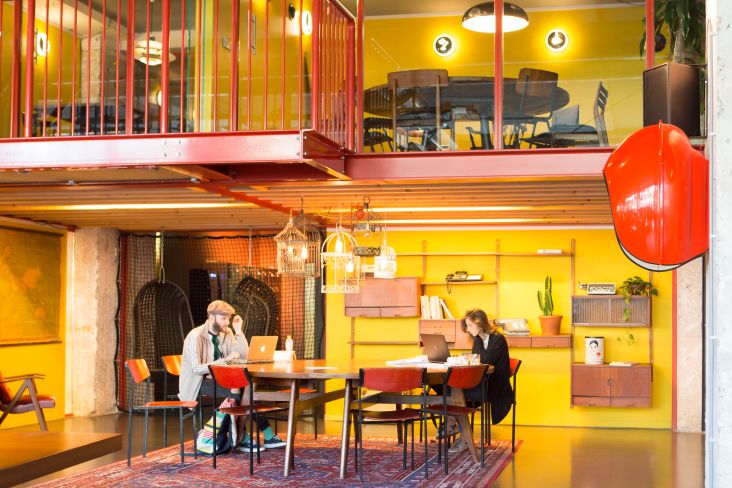

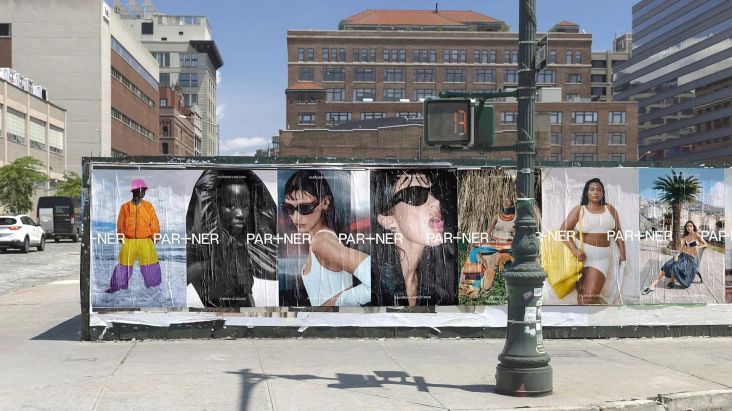
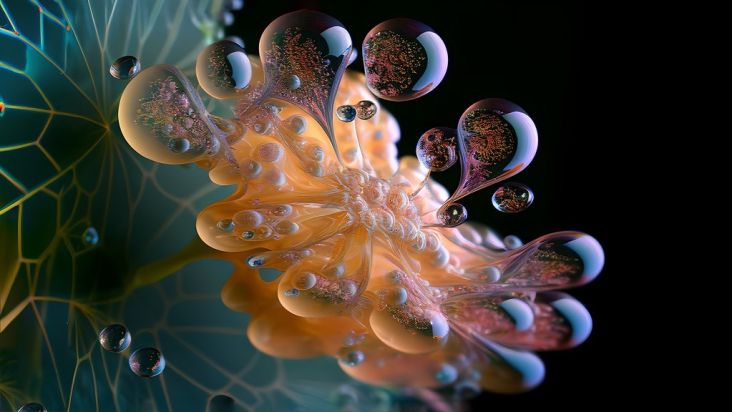
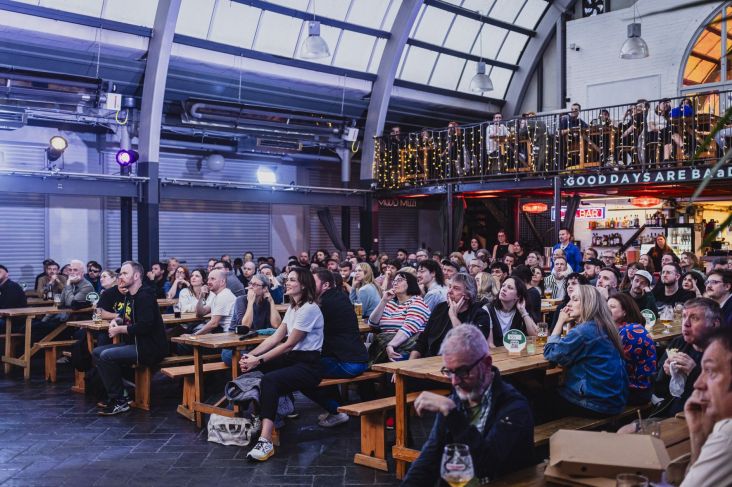

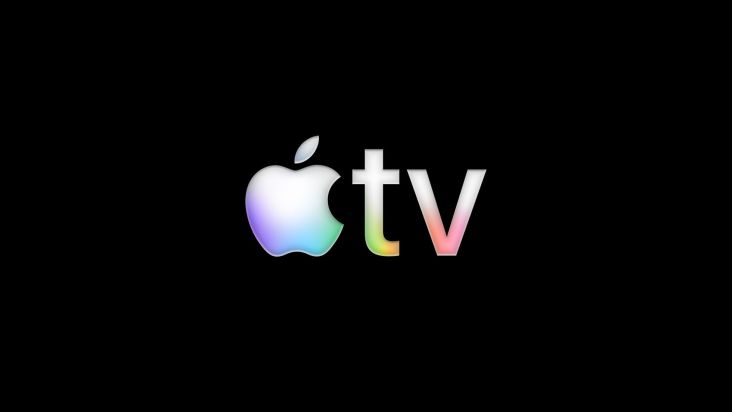
 using <a href="https://www.ohnotype.co/fonts/obviously" target="_blank">Obviously</a> by Oh No Type Co., Art Director, Brand & Creative—Spotify](https://www.creativeboom.com/upload/articles/6e/6ed31eddc26fa563f213fc76d6993dab9231ffe4_732.jpg)
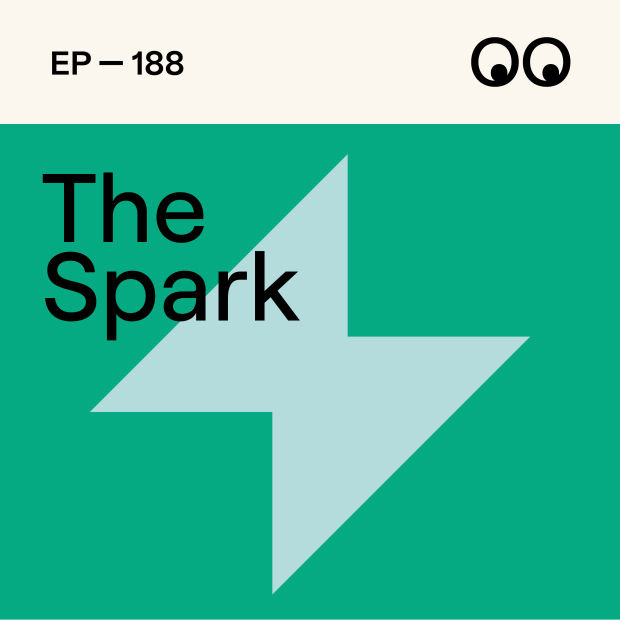

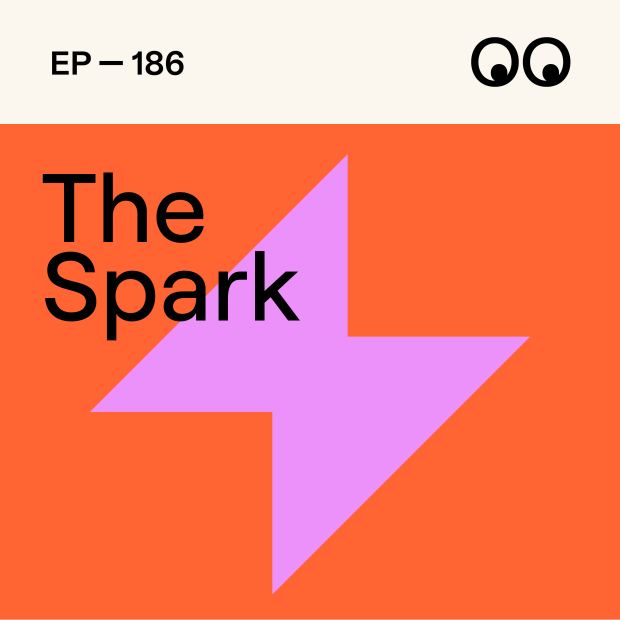





](https://www.creativeboom.com/upload/articles/2a/2ae6137c166bedbf9f67c34a57a41f2dc013bf80_732.jpg)


